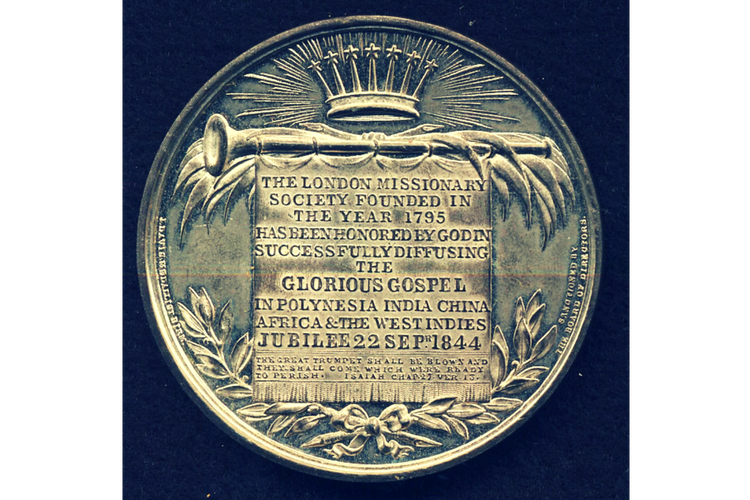British missionaries such as the Anglican Church Missionary Society, London Missionary Society and Wesleyan Methodist Missionary Society also conducted missionary work in Africa. However, the type of Christianity spread by British missionaries during this time was tied to European cultural norms. Emphasis was placed on European dressing, and culture as a form of civilization. Missionaries believed they would channel the three Cs into Africa: Commerce, Christianity and Civilization. Missionaries and thereafter quickly became agents of British imperialism whose mission in Africa was to modernize Africa by combating godlessness, superstition and backwardness.
Sierra Leone
In the early 19th century, newly liberated slaves landed in Freetown. The British believed through exposure to British culture, commercial practices and the Christian faith of these newly freed slaves would lead to enlightenment. Freetown was even modeled to look like a small English town with schools and churches. Assimilation of Africans into British culture became the focus even of missionaries at the time.
Thomas Buxton
 Thomas Buxton was an English Member of Parliament, and abolitionist who formed the African Civilization Society in 1839. The organization was supported and partly funded by the British government. This included the disastrous mission up the Niger River whose goal was to establish trade treaties with friendly chiefs. David Livingston, another missionary/ trader is believed to have been influenced by Thomas Buxton’s argument that legitimate trade would counter the slave trade.
Thomas Buxton was an English Member of Parliament, and abolitionist who formed the African Civilization Society in 1839. The organization was supported and partly funded by the British government. This included the disastrous mission up the Niger River whose goal was to establish trade treaties with friendly chiefs. David Livingston, another missionary/ trader is believed to have been influenced by Thomas Buxton’s argument that legitimate trade would counter the slave trade.
Legitimate commerce would put down the slave trade by demonstrating the superior value of a man as a laborer on the soil to man as an object of merchandise and if conducted on wise and equitable principles, might be the precursor, or rather the attendant of civilization, peace and Christianity, to the unenlightened, warlike and heathen tribes who so fearfully pray on each other, to supply the slave markets of the New World. In this view of the subject, the merchant, the philanthropist, the patriot and the Christian may unite- Thomas Buxton




